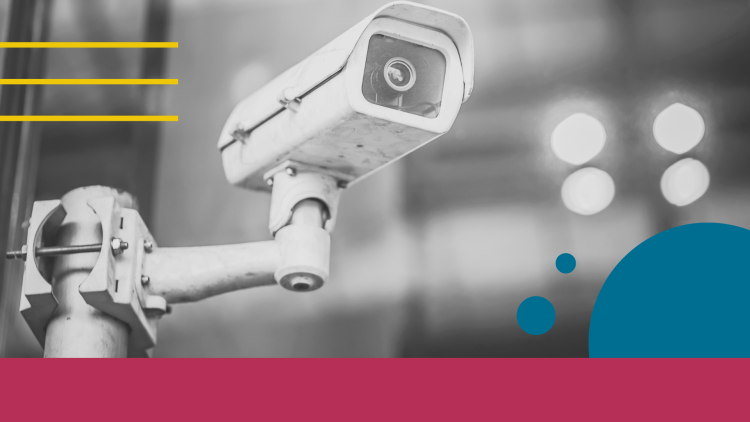
Armenia’s Ministry of Internal Affairs has paused the proposed amendments in the Law on Police, Law on Electronic Communications and related laws, following its first parliamentary reading, amid significant public criticism. The Ministry initially framed the proposal as a means to enhance public safety, leveraging video surveillance technology through businesses across the country. However, Armenian CSOs and international organisations voiced concerns over privacy, data security, and human rights risks linked to 24/7 surveillance and AI-powered monitoring, leading the Ministry to delay a second reading in Parliament until broad consensus is reached. This pause marks a pivotal opportunity for civil society to engage further in shaping regulations that balance safety and human rights, as the Ministry underscores its commitment to transparency and constitutional protections.
Civil society pushback on extensive surveillance measures
The Ministry’s proposal initially mandated 24/7 access to surveillance in private businesses, in particular requiring shops, cafes, restaurants and other small businesses to install high-quality surveillance cameras at the entrance and all sides of their premises, with 24/7 livestream access provided to police. Despite the negative assessment by the Personal Data Protection Agency and the Human Rights Defender of Armenia, the draft was approved by the government in April 2024 and passed in the first reading of the Parliament in June 2024. This move sparked privacy and security concerns across civil society. The proposal's rationale lacks clarity, inconsistently stating that video surveillance won’t target specific individuals while allowing the monitoring of "vulnerable" areas. CSOs emphasise that these contradictory justifications could enable broad surveillance capabilities that interfere with individual rights, including personal data processing and AI-based analysis. Human Rights Watch also criticised the draft, mentioning that it is unjustified and interferes with privacy and other rights. By pausing the legislation, the Ministry has opened the door for further consultation, allowing civil society advocates to work toward transparent, proportionate, and human-rights-based regulations on data use and surveillance in Armenia.
How ambiguous surveillance laws can impact civic engagement
The proposed legislation would create an environment, where people feel constantly monitored. For example, the permanent access to cameras might enable the video surveillance of CSO activists, tracking their everyday activities and meetings. For journalists, it could lead to the disclosure of their sources. Further abuse would be enabled by a problematic provision allowing the purchase of the analysed data by state and non-state organisations. Civil society groups advocate for tighter regulations on data usage, ensuring that surveillance efforts protect rather than restrict public freedoms.
Shaping rights-based surveillance policies
Looking ahead, CSOs in Armenia are mobilising to actively engage in the Ministry of Internal Affairs’ planned public discussions, bringing their expertise to ensure any surveillance legislation aligns with human rights standards and data security principles. This pause creates a unique opportunity for civil society to push for a regulatory framework that safeguards citizens’ privacy, while addressing security concerns. As organisations prepare to contribute recommendations and advocate for transparency in surveillance practices, there’s hope that this collaborative approach will set a precedent for more inclusive, rights-based policy-making in Armenia.
The CSO Meter 2023 Armenia report’s recommendations on personal data protection safeguards and transparent and accountable measures for surveillance activities will serve as a critical reference, guiding civil society in its efforts to shape balanced, protective policies for the future.
